STATEMENTS FROM PARTNER ORGANISATIONS
WHO
Many organisations share the goals of improving healthcare around the world and recognize the benefits of empowering patients in getting engaged in their healthcare, including through appropriate self-care and responsible self-medication. The GSCF Secretariat collaborates with multilateral organizations such as, among others, the World Health Organisation (WHO), the World Medical Association (WMA), the International Pharmaceutical Federation (FIP), the International Council of Nurses (ICN),and the International Alliance of Patients’ Organizations (IAPO).
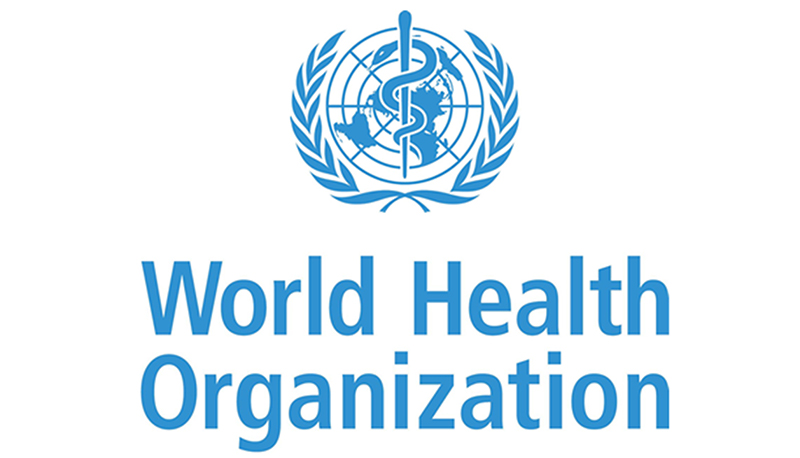
GSCF is privileged to have been an NGO in official relations with the World Health Organization since 1977, representing the self-medication constituency. In many statements and publications, WHO has made reference to the value of self-medication in health. Self-medication, as part of self-care, is a significant contributor to primary healthcare and healthcare systems and is particularly important in home-based care and in resource-poor settings. Appropriate regulation of quality, safety and efficacy is an example of an area where there are shared objectives. WHO’s Guidelines for the Regulatory Assessment of Medicinal Products for Use in Self-Medication (WHO, 2000) introduce the subject as follows:
“Self-care can be defined as the primary public health resource in the health care system. It consists of the health activities and health-related decision-making of individuals, families, friends, colleagues at work, and so on. It includes self-medication, non-drug self-treatment, social support in illness, and first aid in everyday life.
The reclassification of medicinal products from sale on prescription only to nonprescription (over-the-counter, or OTC) sale is of great current interest in many countries. Drug regulatory and health authorities have to consider the types of medicinal products for which reclassification is appropriate, safe and rational in the interest of public health.
It has become widely accepted that self-medication has an important place in the health care system. Recognition of the responsibility of individuals for their own health and awareness that professional care for minor ailments is often unnecessary have contributed to this view. Improvements in people’s general knowledge, level of education and socioeconomic status in many countries form a reasonable basis for successful self-medication. New drugs with specific pharmacological action, such as histamine H2-receptor antagonists, nonsteroidal anti-inflammatory compounds (NSAID) and nicotine preparations for cessation of smoking, have been successfully reclassified from prescription to nonprescription status in many countries.”
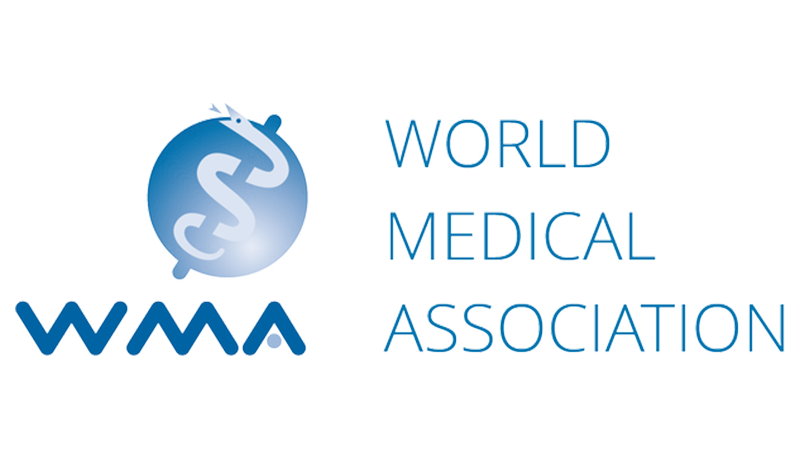
World Medical Association
The World Medical Association’s policy statement on self-medication was developed in collaboration with WSMI and was adopted by the WMA General Assembly Meeting in Washington in 2002.
International Pharmaceutical Federation’s Council
A declaration entitled “Responsible self-medication” was adopted by the International Pharmaceutical Federation’s Council at its meeting in the Hague in September 1998 and signed by FIP and GSCF in June 1999. This significant joint declaration provides guidance to pharmacists, patients and the industry regarding the safe and effective use of nonprescription medicines.
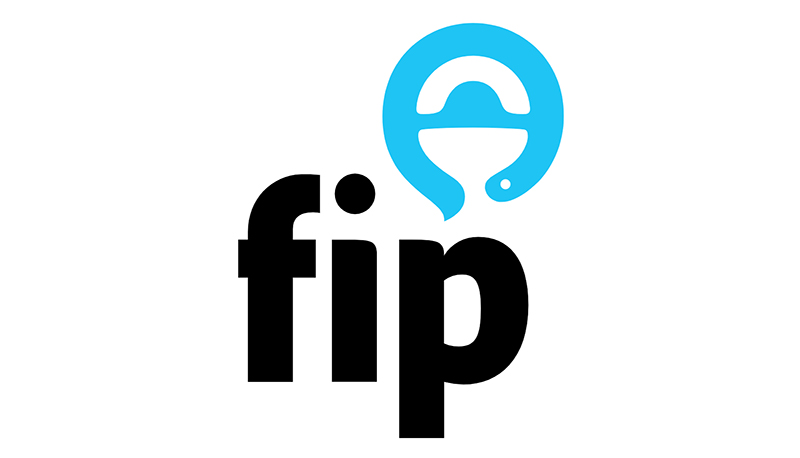
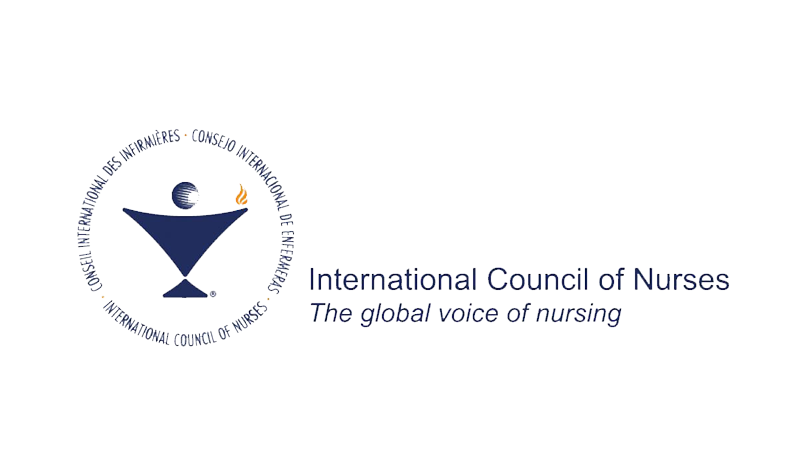
International Council of Nurses
A joint declaration between WSMI and the International Council of Nurses entitled ‘Role of Nurses in Self-Medication’ was agreed in February 2003. In the introduction it states:
“Self-medication is a key component of self-care that is particularly significant in an era of increasing chronic illness and well-informed health care consumers. Optimising responsible self-medication is an important and underused resource for health and provides an opportunity for collaboration and consultation among consumers, nurses, pharmacists and physicians.”
International Alliance of Patients Organizations (IAPO)
In 2006, the International Alliance of Patients Organizations (IAPO) issued a ‘Declaration on Patient-Centred Healthcare’ in which it emphasizes the important and central role of patients in their healthcare. WSMI is fully aligned with IAPO when it says that:
“Patients have a right and responsibility to participate, to their level of ability and preference, as a partner in making healthcare decisions that affect their lives”,
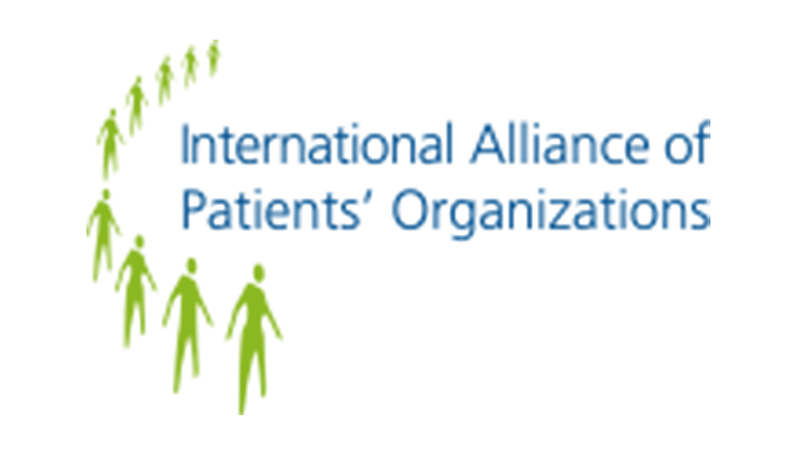
“Accurate, relevant and comprehensive information is essential to enable patients and carers to make informed decisions about healthcare treatment and living with their condition”.
In summary, WSMI leads on the interface with multilateral organisations at the global level to help develop a better understanding of the contribution that self-care and responsible self-medication make to healthcare systems and to the individual lives of patients and consumers.
Source: World Self-Medication Industry
See also: Resources

